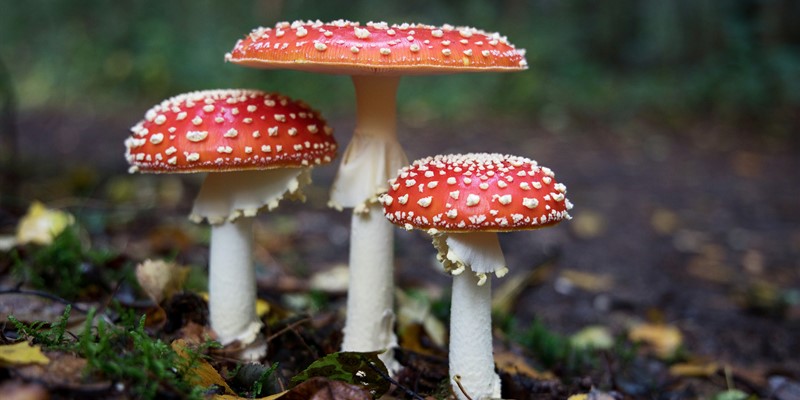
Maintaining a positive outlook can be incredibly helpful when coping with a cancer diagnosis. Although positivity has a role to play in staying emotionally healthy, it isn’t always healthy when it becomes the only focus. A number of Online Community members have shared how painful and isolating it can feel if a loved one repeats certain positive phrases or overly optimistic attitudes whilst ignoring the more authentic negative feelings a person might be struggling with. When a focus on positivity dismisses someone’s true feelings, it can become “toxic.”
We published our first blog on toxic positivity in 2023. It resonated deeply with the Community, inspiring us to write a follow-up blog last year. Now, we’re back with part three. This edition highlights members' comments from Toxic Positivity - Part Two, where they shared their personal experiences of dealing with toxic positivity. We also provide information and tips on how to navigate conversations about cancer.
“I like the phrase 'toxic positivity' - it really describes it. I've been generally positive about my journey, but I get annoyed when I hear how brave I am, how it will all be okay, etc. I understand people who say these things have good intentions and they are struggling with the awfulness of it. I suppose what they don't understand is that this sort of positivity leaves you alone to deal with the realities of having cancer.”
“I've been feeling so alone in the sea of positivity around me.”
Many members highlighted the fact that most of the time, they do not want to connect with someone with the hope of finding solutions, but rather empathy. It’s not about having the perfect words but being present.
"Instead of trying to move us through the change curve, we just need empathy. If we are low, sit with us and let us talk. If we are angry, let us rant."
Some shared how well-meaning comments can feel dismissive sometimes. Trying to "fix" emotions with positivity can often stop someone from expressing their fears, grief, or anxiety.
“I get that everyone is trying to give him and themselves hope but it leaves no room for me to feel anything but fake positive, and no room to express how terrified I am, and grieve the life together we would have had.”
"They shared stories about how someone they know had it worse than me."
“I can now hardly speak with them, especially when I have received bad news or am struggling with my ongoing situation. It's quite sad, but I have to protect myself.”
“Shortly after I was first diagnosed, I met a lovely woman at Maggie's. She said, ‘There's something anyone in this building will tell you for nothing: one of the toughest things about a cancer diagnosis is how it affects our relationship with other people.’ That woman was very wise indeed. Well, she was talking from experience, of course. Between the toxic positivity, the pity, the fear, those who pretend nothing has happened”
Often loved ones use positive language as a coping mechanism.
“It's like they cannot cope with the idea that I'm ill. Comments like 'you’re such a warrior, I'd never have known you have been ill.'
Fortunately, others have found comfort in those who “get it.”
"Thankfully, there are the nearest and dearest who offer presence, silence, a listening ear, a walk, or a cup of tea."
The Online Community highlights the importance of authenticity. It is a safe space where you can openly express how you are feeling without fear of judgment or forced optimism.
If you are new to the Community, you can introduce yourself here or look up a forum that would be most relevant to you.
When speaking with someone navigating the challenges of cancer, empathy and understanding are key. Here are some tips to help shape your conversations:
For more advice and information, you can follow the links below.
Talking about your cancer diagnosis
Sharing your diagnosis and how you are feeling can be challenging, especially if people don’t know how to respond. Practical tips can help:
Who can you talk to?
Sometimes it is easier to talk with someone you do not know. You may feel less pressure to act a certain way. You may also feel safe knowing that they will not share the conversation with your friends or family.
If you feel this way, you could:
Please feel free to share your experience dealing with toxic positivity in the comments below.
Whatever cancer throws your way, we’re right there with you.
We’re here to provide physical, financial and emotional support.
© Macmillan Cancer Support 2026 © Macmillan Cancer Support, registered charity in England and Wales (261017), Scotland (SC039907) and the Isle of Man (604). Also operating in Northern Ireland. A company limited by guarantee, registered in England and Wales company number 2400969. Isle of Man company number 4694F. Registered office: 3rd Floor, Bronze Building, The Forge, 105 Sumner Street, London, SE1 9HZ. VAT no: 668265007